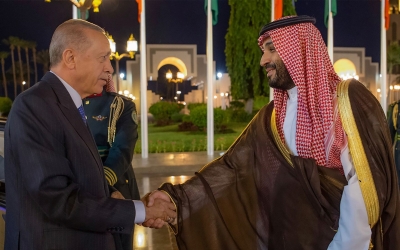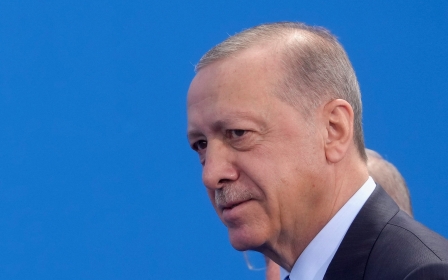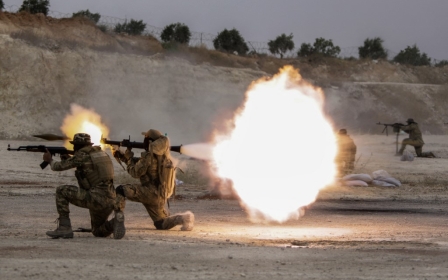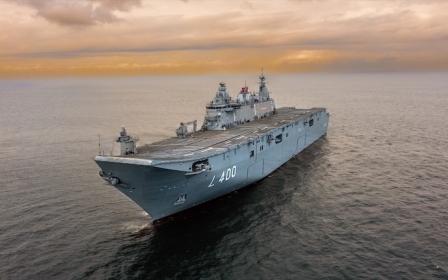Turkey, UAE agree to $50bn worth of agreements during Erdogan's visit
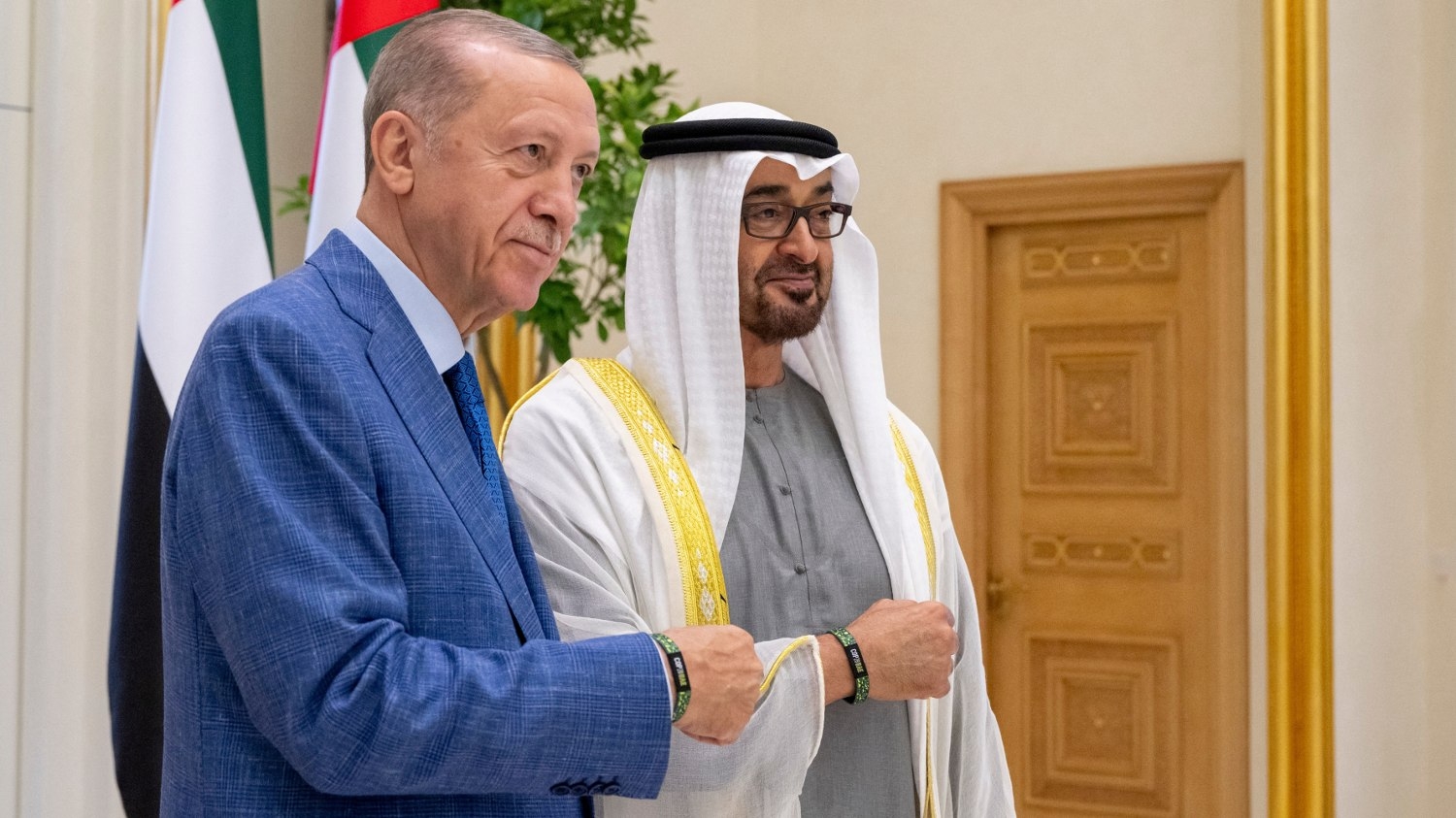
The United Arab Emirates and Turkey announced on Wednesday a slew of agreements and memorandums of understanding (MOUs) totalling $50.7bn, as Turkish President Recep Tayyip Erdogan completed his tour of Arab Gulf countries looking to secure key investments to boost Ankara's economy.
During a ceremony in Abu Dhabi, Erdogan and UAE President Mohammed bin Zayed committed to a joint agreement and establish a "higher strategic committee" between the UAE and Turkey, according to the Emirati state news outlet, WAM.
In addition to the economic and trade agreements, Ankara and Abu Dhabi agreed on a deal to assist each other on criminal matters, including an extradition agreement between the two countries.
Abu Dhabi was Erdogan's final stop in a Gulf tour which included a visit to Saudi Arabia's Red Sea city of Jeddah and the capital of Qatar, Doha. On Tuesday, Saudi Arabia agreed to two acquisition agreements for Turkish drones - the largest defence contract in Turkey's history with Riyadh.
The Turkish leader has worked to repair diplomatic ties with Riyadh and Abu Dhabi over the last two years after a decade of strained relations over Ankara's support of pro-democracy movements in the Middle East. Turkey also sent troops to Doha when Saudi Arabia and the UAE imposed a blockade on Qatar in 2017.
New MEE newsletter: Jerusalem Dispatch
Sign up to get the latest insights and analysis on Israel-Palestine, alongside Turkey Unpacked and other MEE newsletters
As ties warmed between Turkey and the Gulf, business resumed. Abu Dhabi agreed last year to a $5bn currency swap deal with Ankara to help its struggling lira. Emirati companies have since announced several investments in Turkey.
Last month, Turkish Vice President Cevdet Yilmaz and Finance Minister Mehmet Simsek travelled to the UAE to discuss "economic cooperation opportunities" with their Emirati counterparts, and they met Sheikh Mohammed bin Zayed al-Nahyan, president of the UAE.
Simsek, a former Wall Street banker and a darling of the markets, is seen as a credible persona who aims to shift Turkey's current unorthodox financial and monetary policies to internationally accepted economic models.
Ankara is in need of foreign investors, including hedge funds and foreign direct investment, to prop up its foreign reserves, which are depleted and below zero.
The lira has shed more than 90 percent of its value over the past decade as the country has been hit by soaring inflation, which has also driven away foreign investors.
More than $27bn of the central bank's foreign currency reserves have been burned through since the end of 2022, as the government sought to prop up its currency and finance its enormous account deficit.
At the same time, Gulf Arab countries, particularly Saudi Arabia, have launched ambitious plans to diversify their economies away from oil, and have looked to Turkey for help in developing local industries. For example, the drone deal between Saudi Arabia and Turkey includes joint production.
Middle East Eye delivers independent and unrivalled coverage and analysis of the Middle East, North Africa and beyond. To learn more about republishing this content and the associated fees, please fill out this form. More about MEE can be found here.


